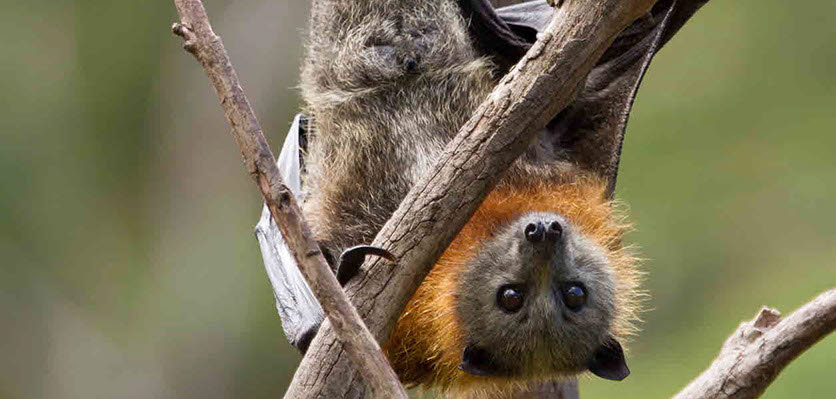
Summer in Australia has always been hot; it’s not uncommon for temperatures during heat waves to push towards 40 degrees in most parts of the country. As a result, we’re often raising awareness among the public of the importance of keeping pets indoors and cool in such weather.
Unfortunately, our native wildlife doesn’t get to enjoy the luxury of our air-conditioned homes and must endure the elements outside. The ABC reported on an extreme heat wave event in the Cairns late last year that resulted in the death of more than 23,000 spectacled flying foxes.
This mass die-off event (where more than 1,000 individuals perish) equates to a loss of almost one- third of the species population within Australia.
The deaths were a result of temperatures reaching above 42 degrees for two consecutive days, which was a record for the area. Dr Justin Welbergen, an ecologist from Western Sydney University said it was the second largest mass die-off of flying foxes recorded in Australia and a first for this species.
The largest flying fox die-off event occurred in southeast Queensland in 2014 when around 46,000 individuals (mostly black flying foxes) perished in the heat.
This recent event is a first for far-north Australia where temperatures are traditionally hot and humid but tend to remain below 40 degrees. Dr Welbergen says that we are now averaging one major flying fox die-off event each year.
As our climate continues to change, the frequency, intensity and duration of such heat events may increase and pose a serious issue for long-term conservation of flying foxes within Australia.
This article appeared in the January/February 2019 issue of the Australian Veterinary Journal
